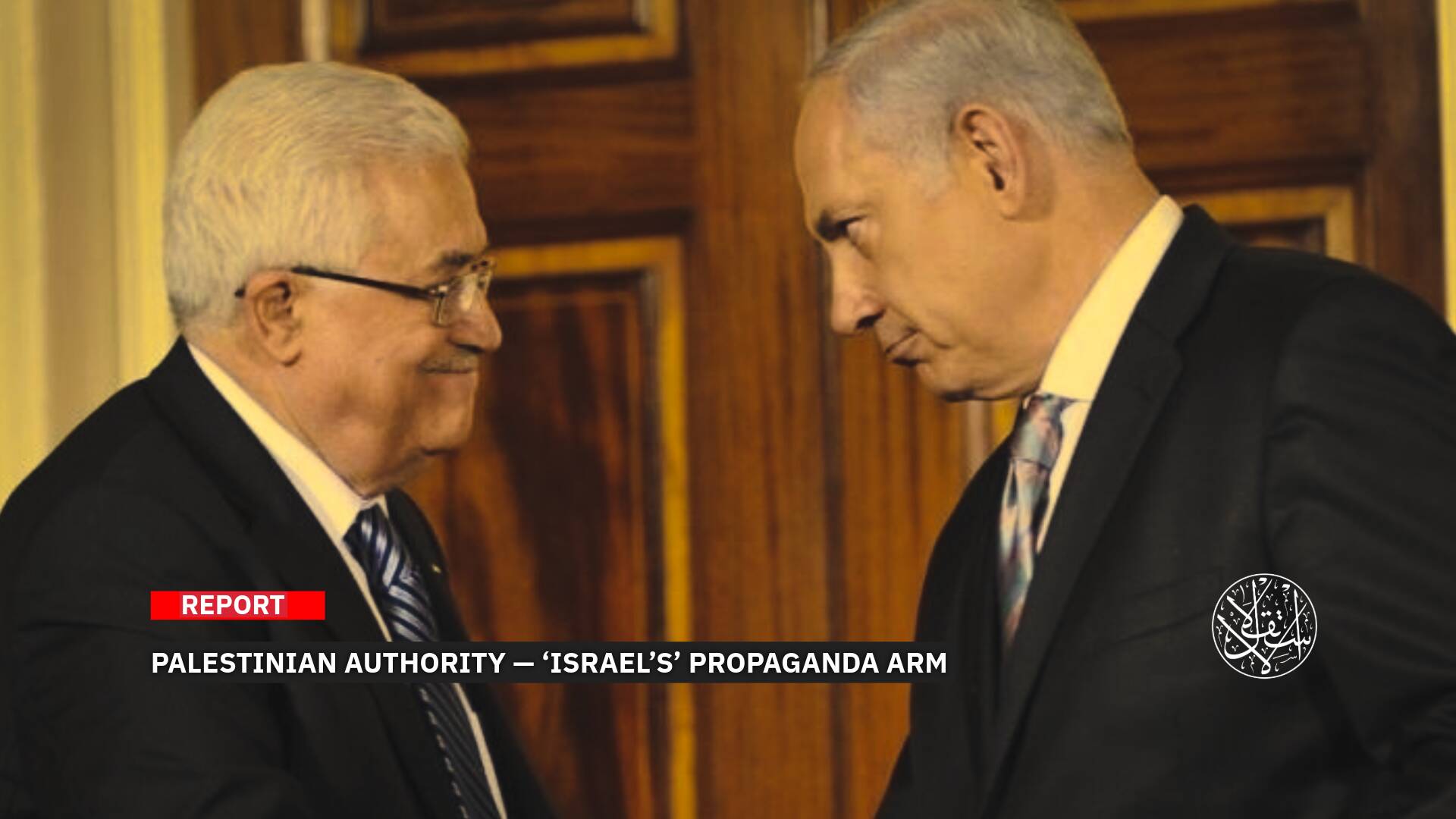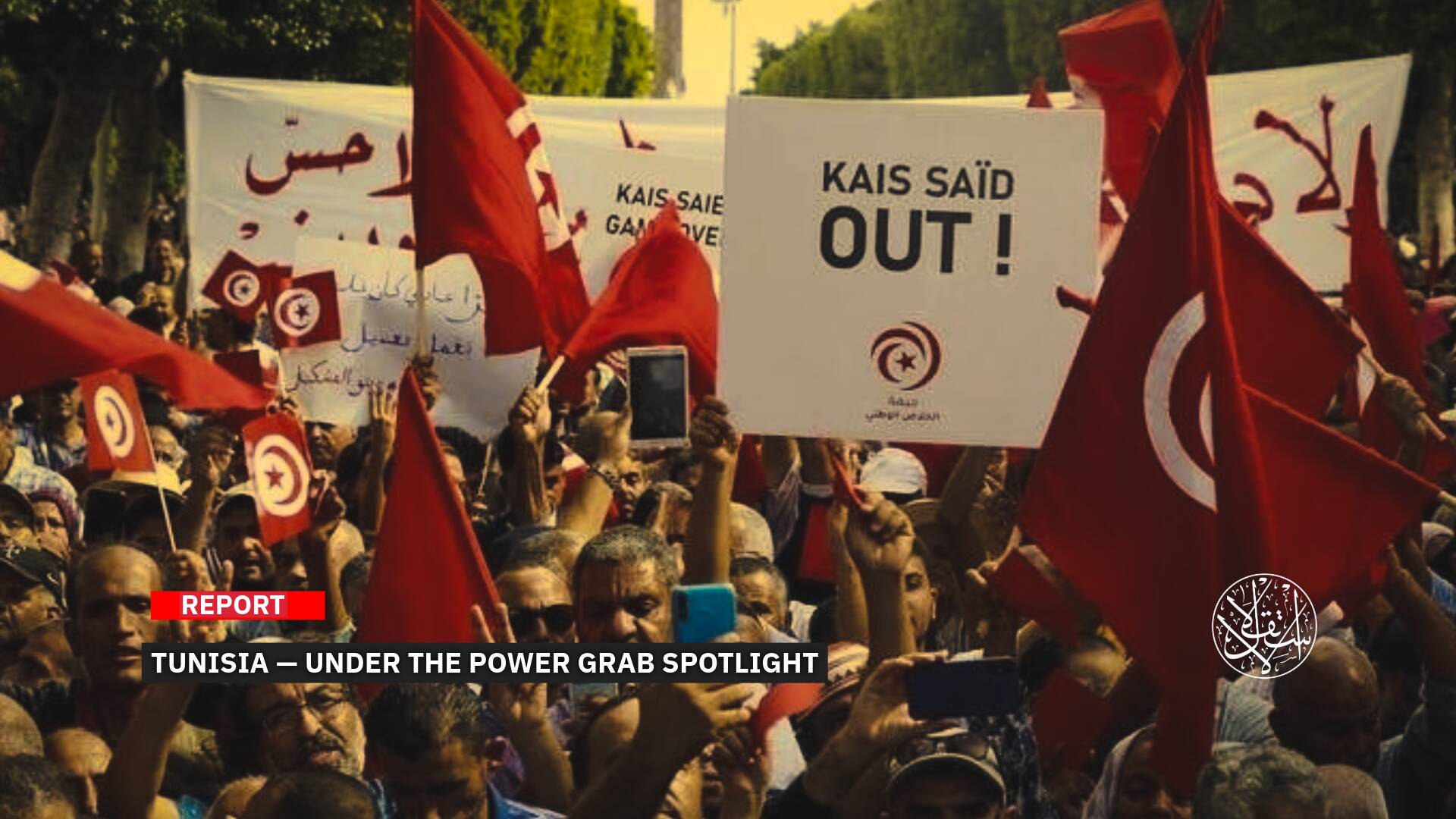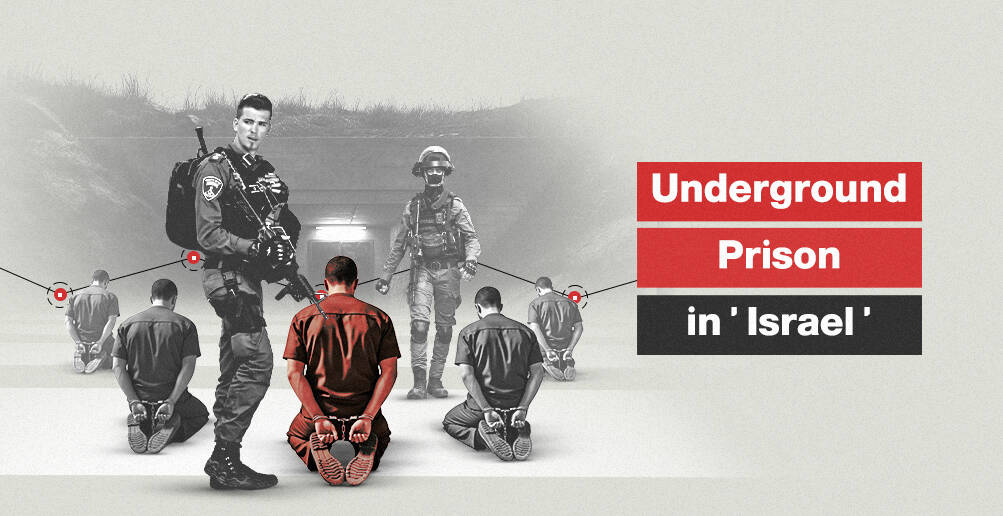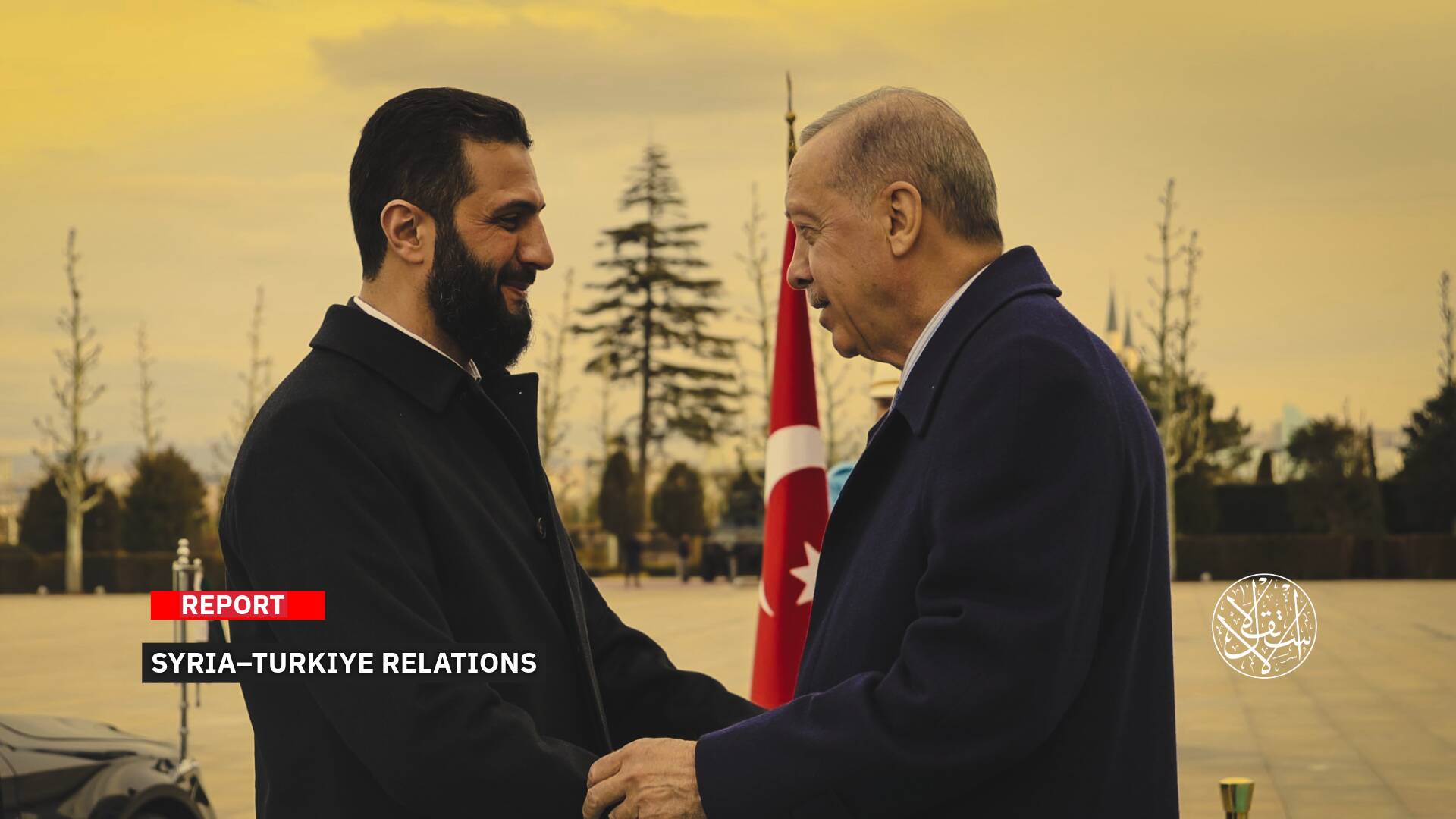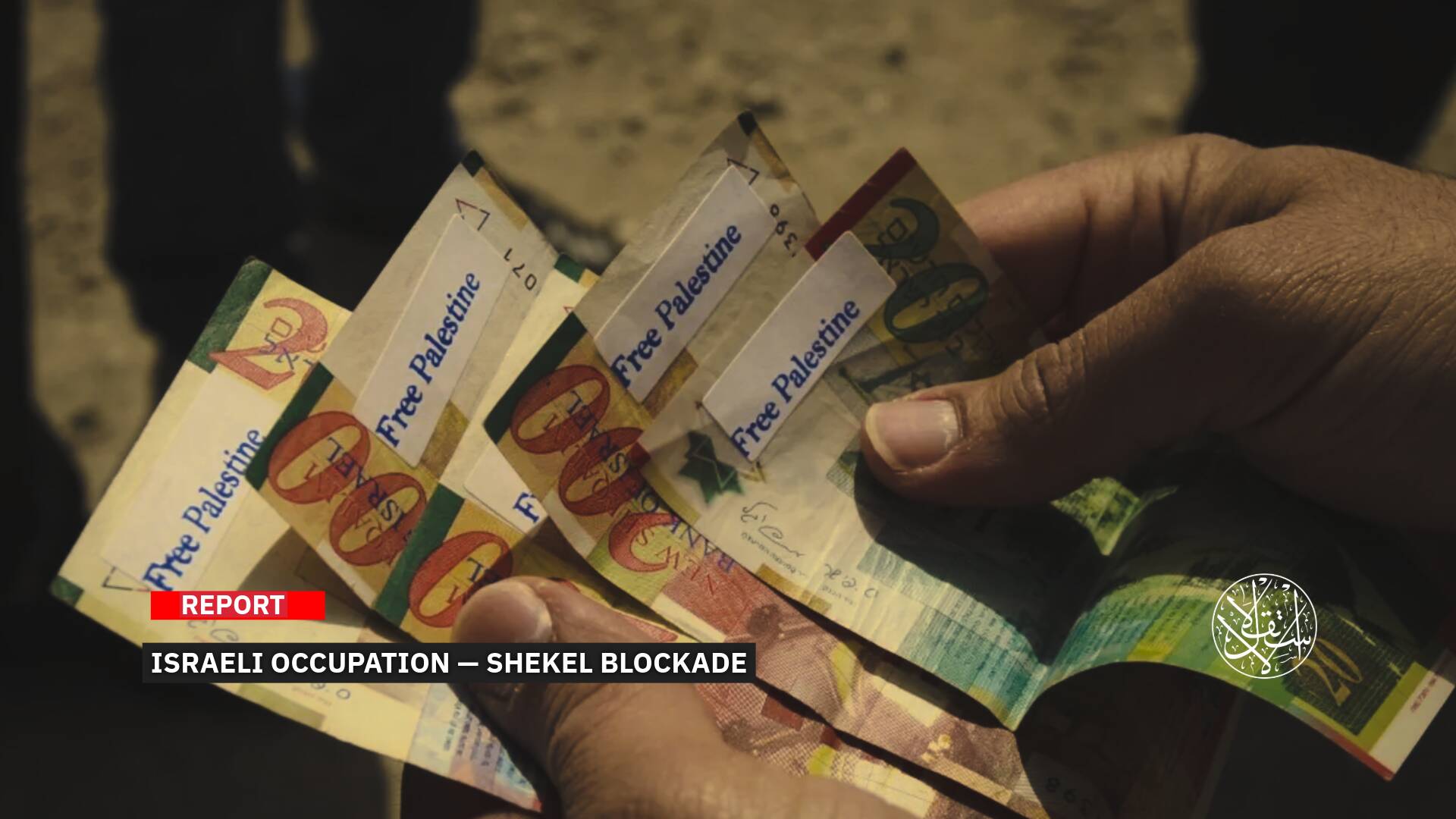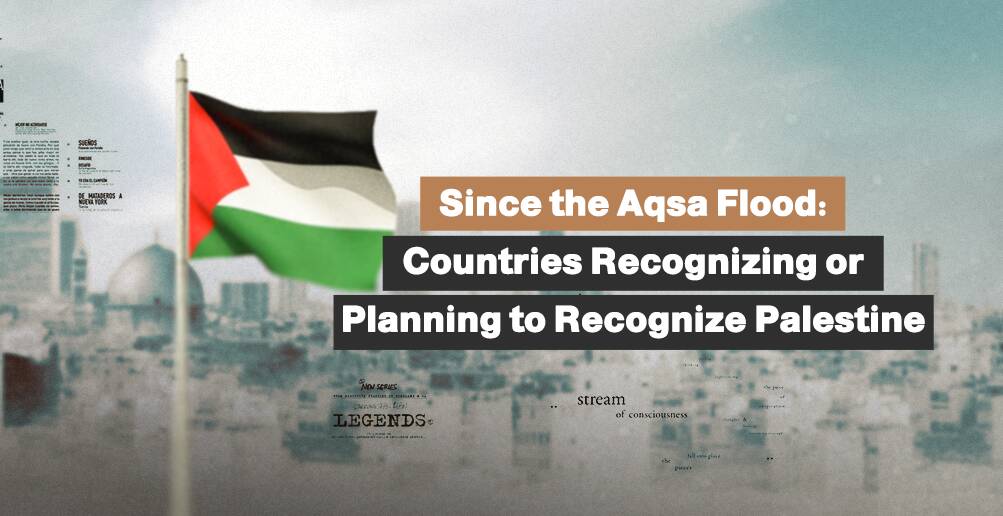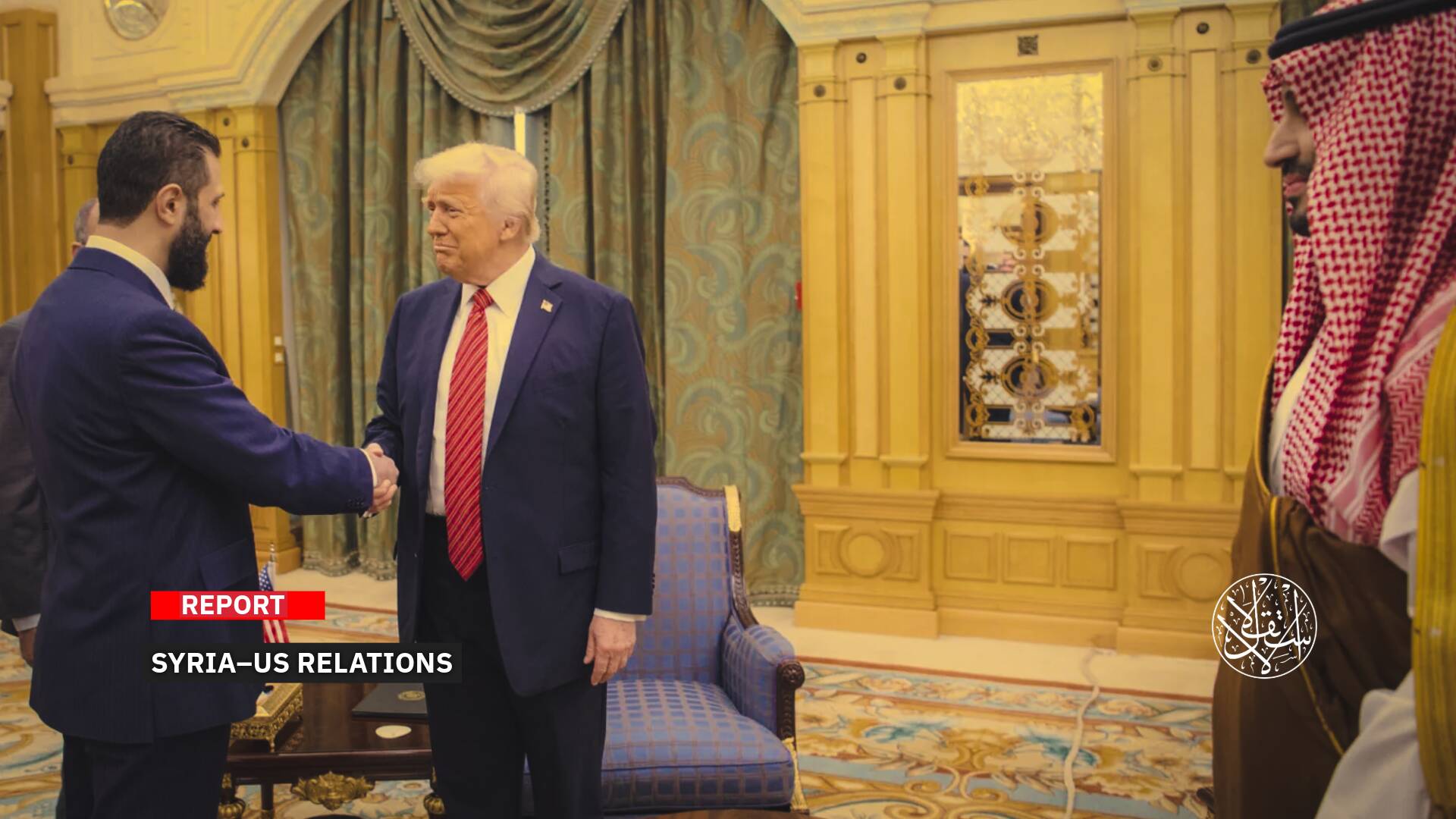Will Netanyahu Succeed in Dragging the US into War with Iran?

“Biden suggested that Iran might hold off on an attack if a Gaza truce deal can be reached.”
As the US administration seeks to avert the danger of a large-scale regional war in the Middle East, estimates are rising that Israeli Prime Minister Benjamin Netanyahu sees the current circumstances as a golden opportunity to push the United States to what he has been seeking for 15 years, which is to participate in attacking Iranian nuclear facilities.
Meanwhile, the Israeli media revealed a state of anxiety and anticipation in Israeli political and military circles, amid calls to stop the war and harsh criticism of the performance of Netanyahu’s government.
On August 13, US President Joe Biden said that he expected Iran might hold off on an attack if a Gaza truce deal can be reached. Iranian officials also warned that only a ceasefire deal would prevent its revenge.
But the prospects for the talks’ success are bleak. Hamas has rejected any amendments to the ceasefire framework, and the Israeli negotiating team has accused Netanyahu of undermining the negotiations.
Netanyahu's Policies
International newspapers have addressed the growing concern over the accelerating escalation in the Middle East, with accusations against the Israeli Prime Minister of seeking to ignite a new world war, and warnings of an expected Iranian response to the assassination of Hamas Political Bureau Chief Ismail Haniyeh.
Haniyeh's assassination coincided with the assassination of the prominent military commander of the Lebanese Hezbollah, Fuad Shukr, in the southern suburbs of Beirut, and was preceded by the targeting of the Yemeni port of Hodeidah, which is under the control of the Houthi group, in what was considered an unprecedented regional Israeli escalation.
Iran’s supreme leader, Ayatollah Ali Khamenei, threatened “Israel” with severe punishment, and Hezbollah’s leaders made similar pronouncements.
In turn, Netanyahu said his country was at a very high level of preparedness for any scenario, both defensive and offensive.
The French newspaper Le Monde warned that the situation in the Middle East could head towards a dangerous path if the next round of ceasefire negotiations in the Gaza Strip does not yield positive results.
The newspaper indicated that the recent developments may be the last chance to avoid a wider escalation of the conflict, especially with the Iranian threats to respond to the assassination of Haniyeh.
It quoted an Israeli analyst as saying that reaching a deal has become necessary to avoid new obstacles that could further complicate the situation.
The Financial Times quoted a source familiar with the thinking of the Iranian leadership as saying that Tehran wants to know whether Israel will make concessions on Gaza before taking any escalatory steps.
The source explained that Iran is closely monitoring whether the United States and Western countries will return to the negotiating table to revive the nuclear deal, and this puts additional pressure on Israel.
“Iran is waging an ongoing psychological war against Israel, aiming to keep Israel's military, security and logistical capabilities on constant alert,” he added.
“Iran aims to deprive Israelis of a sense of calm and stability, which increases internal and external tensions on Netanyahu's government,” the source said.

The Guardian published an article warning that Iran could fall into a trap set by Netanyahu if it decided to launch a strong strike against Israel.
It indicated that Netanyahu seeks to exploit any Iranian response to strengthen his political position internally and externally, which could undermine peace efforts in Gaza and lead to a broad regional escalation.
The article pointed out that if Iranian officials make a ceasefire in Gaza a top priority, this will lead to an easing of tensions with the United States and will isolate Netanyahu politically.
The Israeli newspaper Haaretz published an article entitled ‘Netanyahu wants a world war’, in which its writer believed that Netanyahu's escalatory policies, including the assassination of Haniyeh in Iran, directly threaten global security.
The writer believed that Netanyahu seeks to repeat previous scenarios, where he succeeded in mobilizing international support to repel the expected Iranian attack, adding that Netanyahu is exploiting this strategy to achieve his political goals.
In turn, Vali Nasr, a professor at Johns Hopkins University, wrote on X that the Israeli assassinations, regardless of the reason behind them, were carried out in a deliberate provocative manner aimed to invite escalatory retaliation.
Unable or unwilling to restrain Israel, the United States is sleepwalking into a larger war that it doesn’t want. It has put itself in the crazy position of hoping for restraint in Beirut and Tehran,” he added.
Serious Consequences
Recently, international efforts have intensified to avoid an Iranian attack, as US President Joe Biden, in a joint statement with the leaders of France, Germany, Italy and Britain, issued a warning to Tehran.
The leaders said in the statement after speaking by phone: “We called on Iran to stand down its ongoing threats of a military attack against Israel and discussed the serious consequences for regional security if such an attack were carried out.”
The United States has strengthened its military presence in the region over the past two weeks in order to protect Israel.
The US State Department announced it would send an additional $3.5 billion to Israel to spend on US-made weapons and military equipment.
In contrast, Tehran described Western calls to avoid retaliation against Israel, after the killing of Haniyeh, as impudent and lacking political logic.
It said in a statement that it was determined to defend its sovereignty and does not ask permission from anyone to exercise its legitimate rights.
Some experts believe that pushing for a ceasefire deal in Gaza and strengthening the ongoing efforts for months to stop the war in the Strip may lead to convincing Iran to stop its strike or limit its scope.
However, they pointed out that failure to achieve serious results from these negotiations may push Iran to launch a complex attack with drones and launch missiles in conjunction with Hezbollah militias, which may push the Netanyahu government to launch a direct attack on Iran and drag the Middle East into a wider regional war.
Joe Biden, along with the President of Egypt and the Emir of Qatar, issued a statement calling on the Palestinian and Israeli sides to meet to resume urgent discussions to bridge all remaining gaps to reach a deal.
Hamas responded to this statement by demanding that the mediators present a plan to implement what was previously presented and approved by the movement on July 2, stressing that the matter does not require new negotiations.
As for Netanyahu, he merely said that he will send a delegation to participate in the negotiations, without specifying the powers of this delegation that will enable it to make the necessary decisions to end the deal, which means that he is still continuing his usual tricks to maneuver.
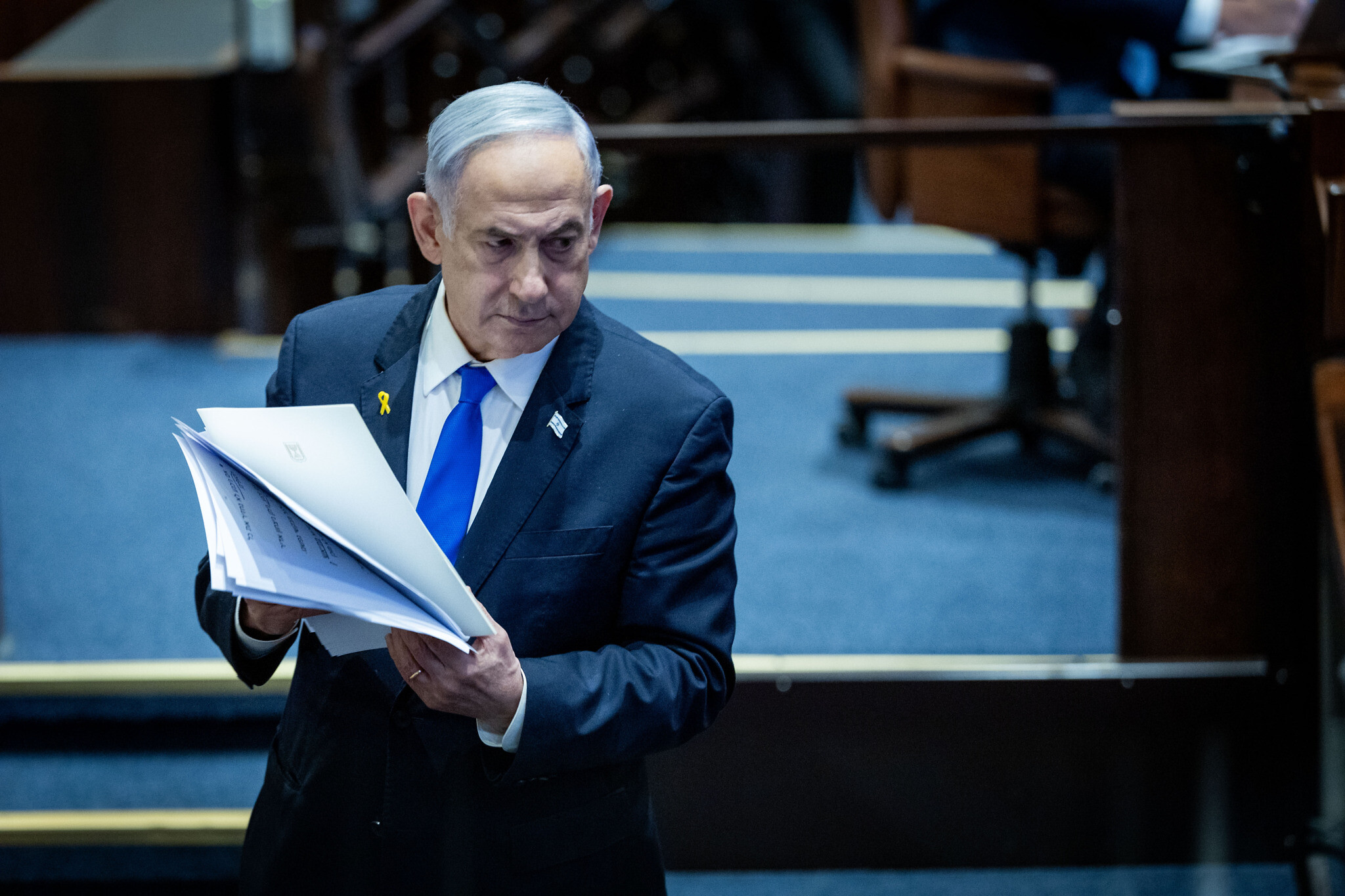
Recent reports have also revealed that Netanyahu has added new conditions to the negotiations aimed at exchanging detainees and prisoners, and a ceasefire in the Gaza Strip, which are currently being held in Doha.
According to a report published by the New York Times, among the new conditions added by Netanyahu is imposing more restrictions on Palestinians seeking to return to their homes in the Gaza Strip.
Netanyahu also called for tightening security measures in the border areas of the Strip, and ensuring that armed elements do not return to the northern Gaza Strip.
In addition, Netanyahu stressed the need to prevent the entry of weapons into the Strip in any form.
These additional conditions have raised concerns among international mediators about complicating the negotiation process and prolonging the conflict.
In turn, political analyst Ismail Maslamani explained in a statement to Al-Estiklal that “the current Doha negotiations are the last chance in the context of trying to reach an agreement to stop the escalation and prevent the region from sliding into a comprehensive war that Iran and its agents in the Middle East will join.”
“Washington is aware of the difficulties that hinder reaching a long-awaited agreement, while Netanyahu is currently under pressure from extremist members of his government to reject any deal,” he said.
“Israeli practices in Gaza and the West Bank raise the level of confrontation with the Palestinians, while its assassinations and attacks abroad open the door to confrontation with Iran and its allies, which may eventually drag Western powers into this war,” Mr. Maslamani added.
Sources
- Biden: Iran expected to push off attacking Israel if Gaza ceasefire deal clinched
- New high-stakes Gaza truce talks hope to avert a wider war
- Netanyahu Wants a World War
- Iran gives few clues as region awaits military response to Israel
- In Israel, different views clash on next steps for war in Gaza and its regional implications
- Iran will fall into Netanyahu’s trap if it hits Israel hard – but it can still avoid disaster


